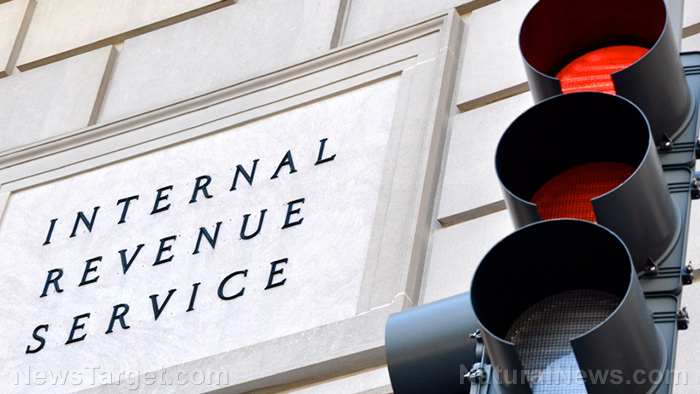 Parler
Parler Gab
Gab
Recession could hit certain groups especially hard
While a recession will affect everybody, he thinks commercial real estate, junk-rated commercial borrowers and regional banks will be the hardest hit. When it comes to commercial real estate, he points to the high number of unoccupied buildings in many metro areas as property owners grapple with high interest rates and default on their loans. Meanwhile, junk-rated companies that have benefited in the past from low borrowing costs will have a hard time coming to terms with the new funding environment, and those looking for refinances for their floating-rate loans could well end up in trouble. He thinks many will see rates double or even triple, prompting restructuring and defaults. For regional banks, investment losses related to higher interest rates, along with pressure due to reliance on governmental programs for meeting deposit outflows, will create a lot of pressure. Michele thinks the recent problems in this industry have not been solved; instead, they have only been stabilized thanks to help from the government. Jeremy Siegel, a retired finance professor for the University of Pennsylvania’s Wharton School and financial commentator, also expects a recession, although he believes it will be shallow, particularly in light of pressure in the political season to avoid a deep recession. Germany recently fell into a recession as inflation took its toll on Europe’s largest economy, with higher prices affecting household spending on everything from furniture and clothes to groceries. The Ukraine conflict’s effect on Russian gas supplies also contributed to the situation. The inflation rate in Germany was 7.2 percent in April. Sources for this article include: CNBC.com Markets.BusinessInsider.com BBC.comNew York City is now the world’s fifth most expensive city for luxury living
By Arsenio Toledo // Share
National debt hits record-high $32 trillion two weeks after suspension of debt ceiling
By Belle Carter // Share
Saudi Arabia signs $5.6 billion deal with China to boost the kingdom’s EV industry
By Laura Harris // Share
Regional banks are trying to unload commercial real estate loans as new crisis looms
By Cassie B. // Share
Governments continue to obscure COVID-19 vaccine data amid rising concerns over excess deaths
By patricklewis // Share
Tech giant Microsoft backs EXTINCTION with its support of carbon capture programs
By ramontomeydw // Share
Germany to resume arms exports to Israel despite repeated ceasefire violations
By isabelle // Share










